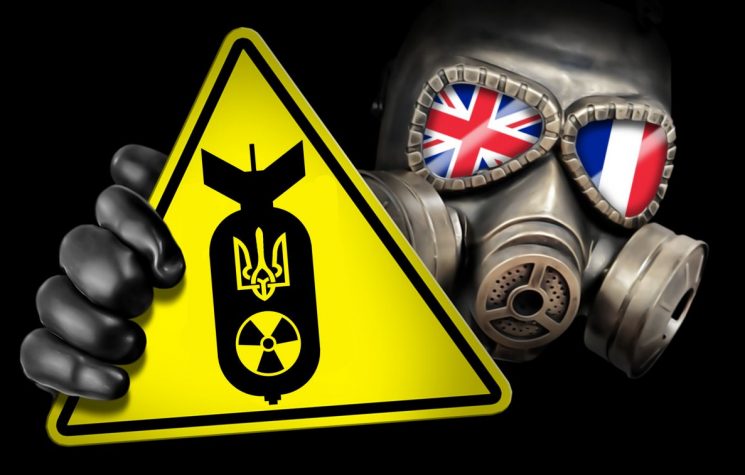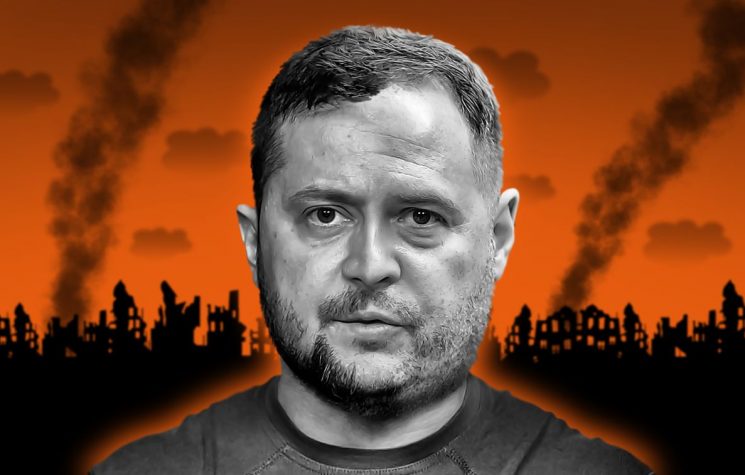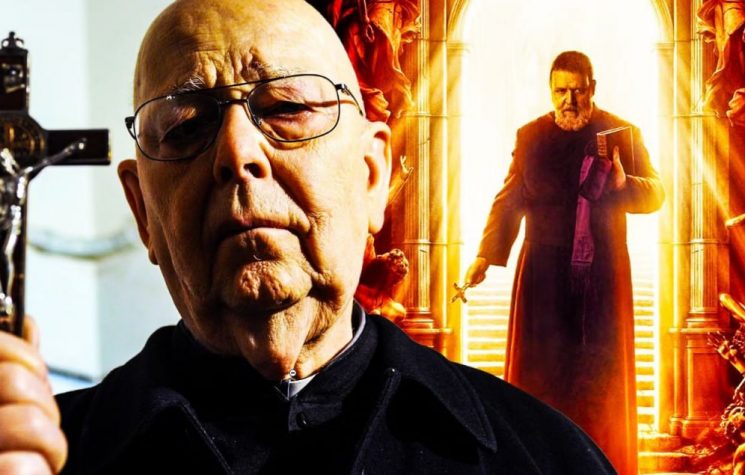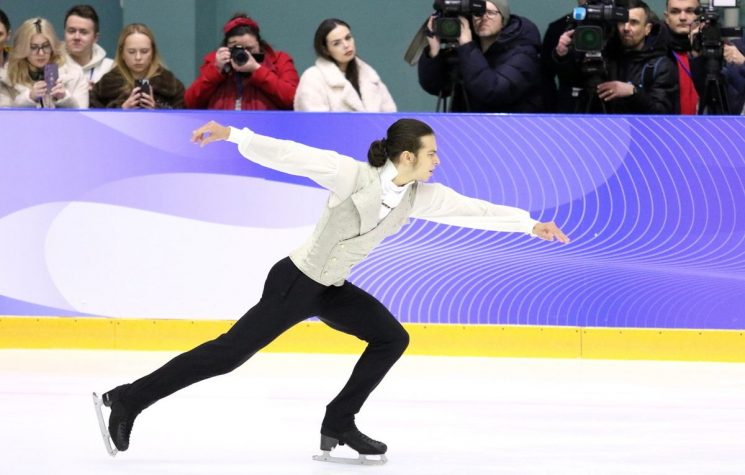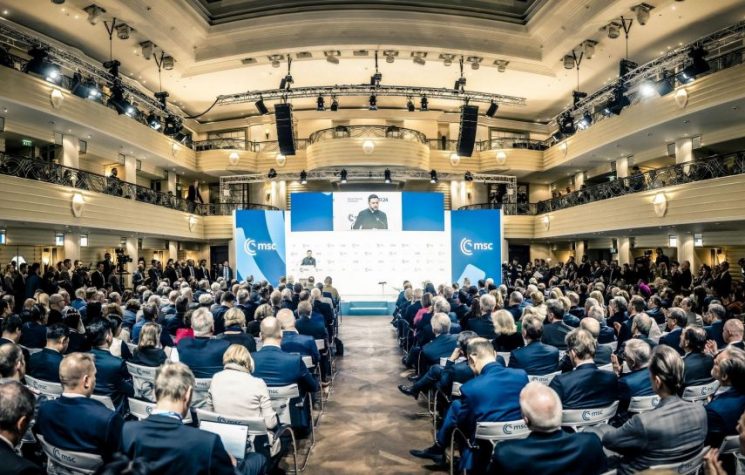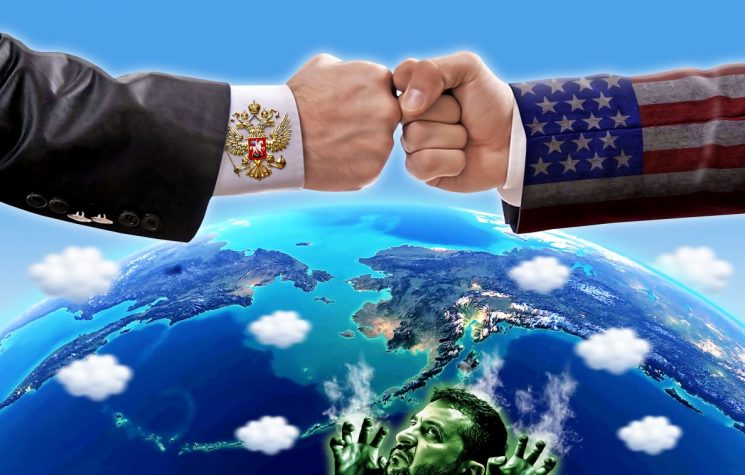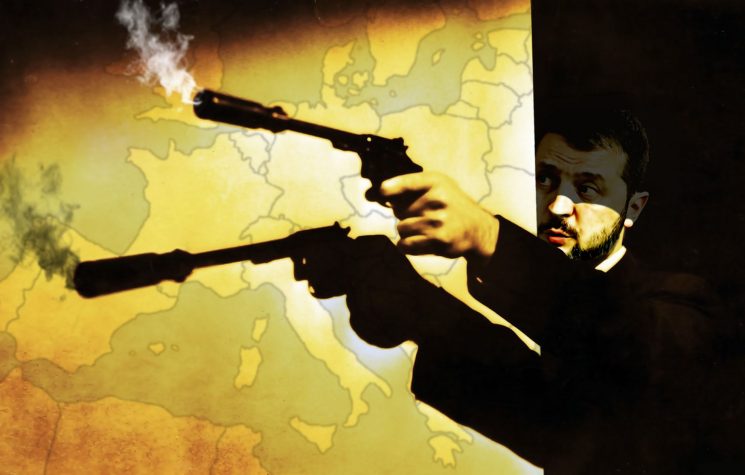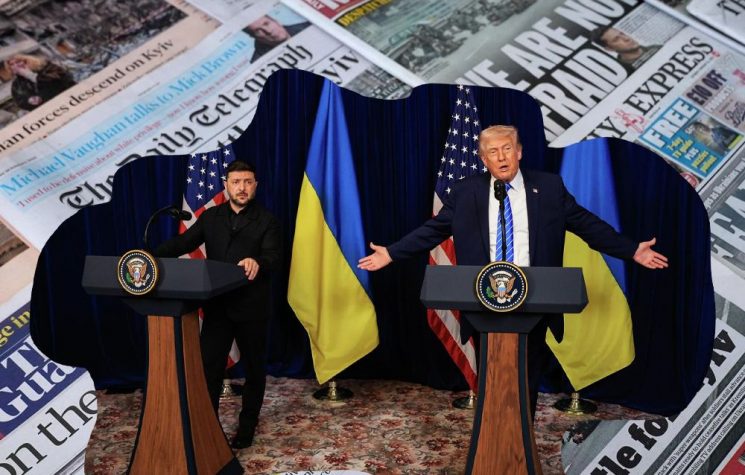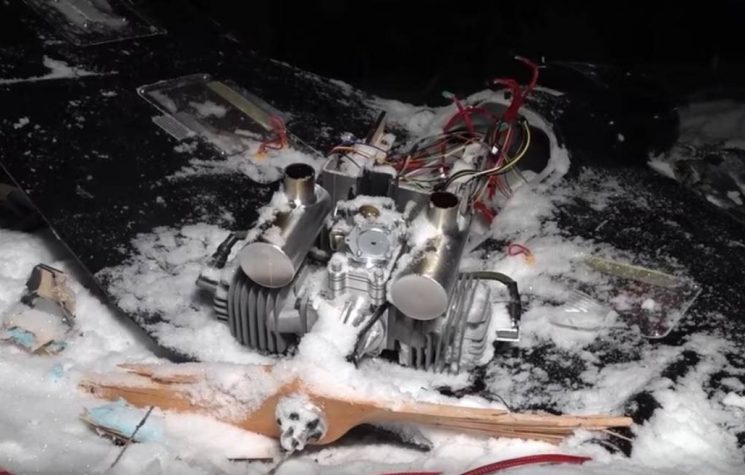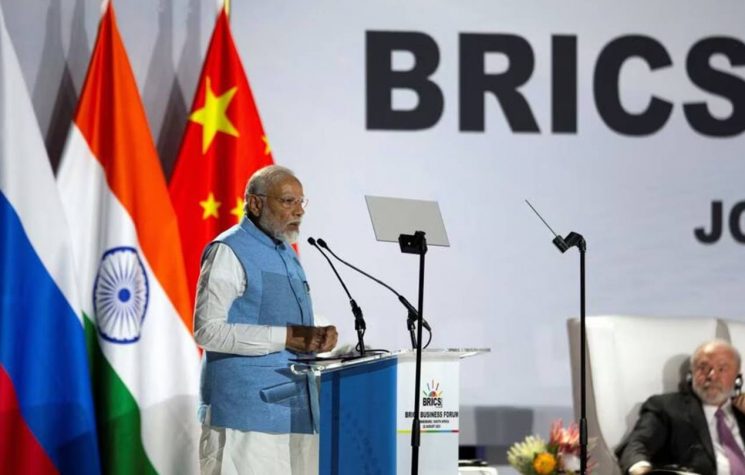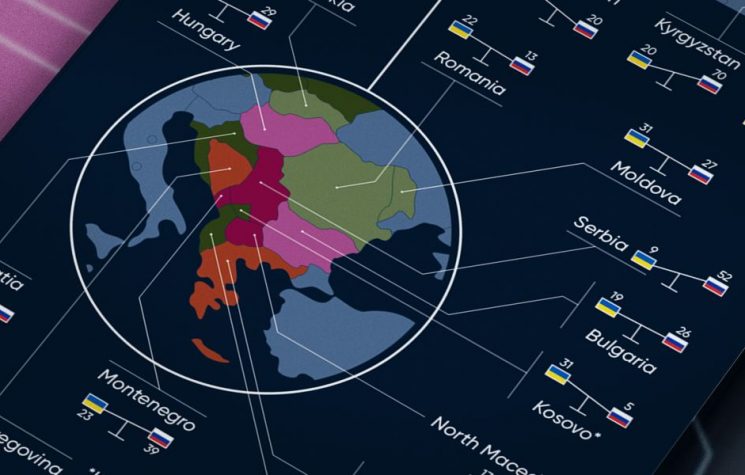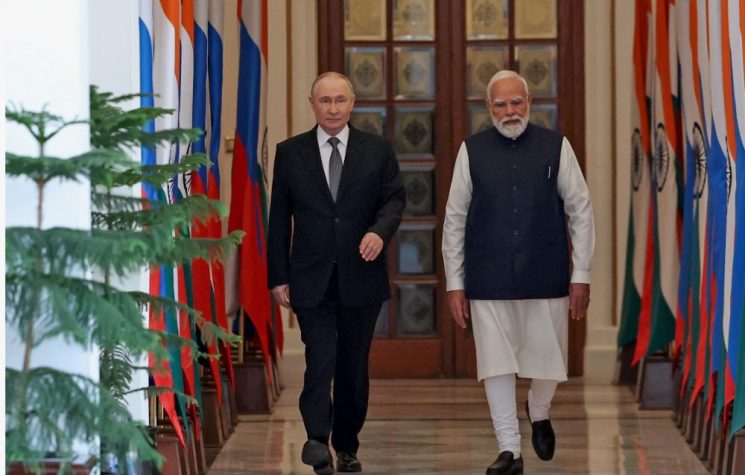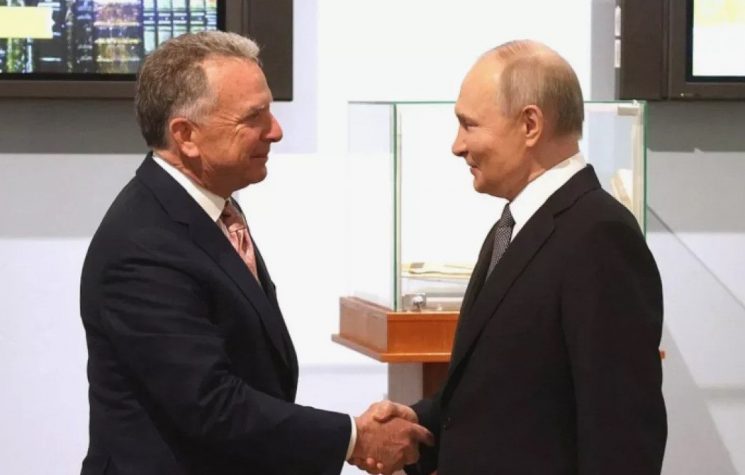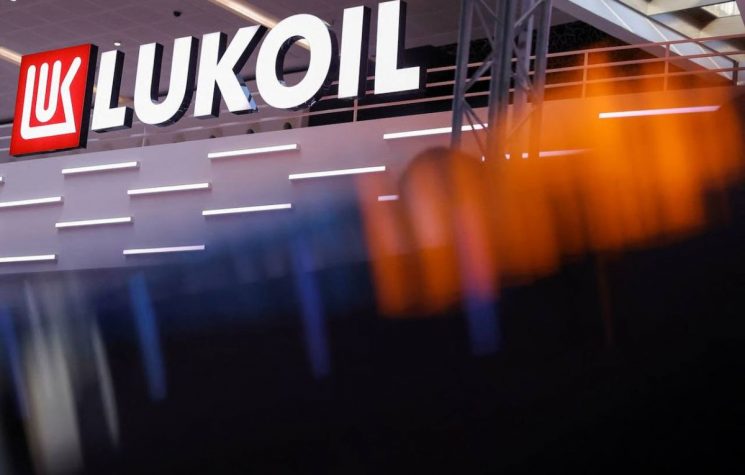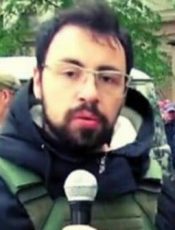True “multipolarity” will only be viable when there are no more imperial powers, that is, when the current political and economic regimes of the great capitalist powers, the U.S. and Europe, cease to exist.
❗️Join us on Telegram![]() , Twitter
, Twitter![]() , and VK
, and VK![]() .
.
Contact us: info@strategic-culture.su
In his interview with American journalist Tucker Carlson, President Vladimir Putin mentioned a fact that, for those – like me – who didn’t follow international politics 20 years ago, seems surreal.
The Russian leader referred to a meeting he had with then-American President Bill Clinton in the Moscow Kremlin.
“I asked him, ‘Bill, if Russia raised the issue of NATO membership, do you think it would be possible?’” Putin told Carlson. “Clinton replied: ‘It would be interesting, I think so!’” he continued. On the evening of that same day, when the two met again for dinner, Clinton’s opinion had changed radically. “‘I talked to my team. It’s not possible now,’” Clinton told Putin, according to the latter.
“If he had said ‘yes’, the process of getting closer would have started, and, in the end, this could have happened if we saw a sincere desire from the partners,” he explained to Carlson.
A few days after this famous interview that went around the world, the BBC aired an interview with a former head of NATO confirming Putin’s intentions to join the military alliance in the early 2000s. “We had a good relationship”, revealed George Robertson.
The Putin he met “wanted to cooperate with NATO” and “was very, very different from this almost megalomaniac of today”, recalled the historic member of the British Labor Party, staunch defender of Scotland’s slavery under the English yoke – even though he is Scottish – and who doesn’t realize that he lacks absolute morality to criticize the Russian intervention in Ukraine.
With all the arrogance of a British man who still thinks he owns the world, Robertson indicated that the imperialist powers that, under his mandate at the head of NATO, finished attacking Yugoslavia and began the invasions of Afghanistan and Iraq did not want to deal with Russia as an equal, but rather as a vassal within the organization.
Putin may not have fully understood the message at the time. He did not yet realize NATO’s expansionist aspirations. He fought against Chechen Muslim separatists, who carried out terrorist attacks on Russian territory. Therefore, he felt the need to support George W. Bush’s infamous “war on terror”.
In fact, until then relations between Russia and the West had been relatively good since the dissolution of the Soviet Union. Yeltsin was a darling of the “international community”, as had Gorbachev. But the economic devastation caused by the neoliberal shock did not please an important part of the Russian elite, particularly the military.
The political, economic and social crisis was not resolved. By 1998, eight out of ten farms had gone bankrupt and 70,000 state-owned factories had closed. In 1994, a third of Russians lived below the poverty line and, even ten years later, 20% were still in this situation. Russia had lost 10% of its population due to capitalist savagery. The rates of suicide, murder, alcoholism, drug use, sexually transmitted diseases and prostitution had increased exponentially. Huge street demonstrations expressed the population’s discontent, which almost led to the communist party’s return to power. The country’s president was a drunkard and the Chechen War threatened to spread to other regions and balkanize Russia – the division of Yugoslavia occurred in parallel with the Russian crisis.
Putin rose to power as a natural successor to Yeltsin. But the real conditions in Russia (internal and external) forced him to take an opposite path. Internal social pressures were added to the second-class treatment received from Western powers and NATO’s moves towards its border.
He began by stabilizing the internal situation. He renationalized key companies in the gas, oil and aviation sectors, such as Rosneft, Yukos (merged into Rosneft), Gazprom and Aeroflot and created RZD to control the transport system. It also benefited national capitalists (or “oligarchs”, according to the propaganda of international bankers) to the detriment of foreigners. At the same time, he fought the separatists with an iron fist, regained control of the Caucasus, pacified the region and fully unified the country.
Despite officially supporting Putin’s war against the Chechens, the U.S. actually had a dual policy. At the same time, it was in the interest of the imperialist powers to divide Russia to weaken it even more than they did with the fall of the USSR. After all, even if the government of a given country is an ally, it is always preferable to imperialism to reduce its territory to facilitate its domination.
While they did not accept Russia’s integration, the imperialist powers bought Moscow’s former allies and integrated them into NATO. In 1999, the Czech Republic, Hungary and Poland joined the alliance. In 2004, it was the turn of Bulgaria, Slovakia, Slovenia, Estonia, Latvia, Lithuania and Romania. In 2009, Albania and Croatia. Russia was surrounded militarily, with weapons pointed at its territory, by the same people who, at that time, had already devastated Iraq and Afghanistan.
The Orange Revolution in Ukraine in 2004 and the Ossetian War in 2008 reinforced the arguments of those who warned of a real threat to Russia. But apparently these voices were not yet dominant in the Kremlin. Moscow – and also Beijing, by the way – allowed the U.S., UK and French bombings against Libya and the subsequent execution of Muammar Gaddafi, naively believing that Western imperialism would stop there.
But the Russians were learning from recent experience. Putin’s famous speech at the Munich Security Conference in 2007, during which he criticized pseudodemocratic demagoguery, the unipolar model and imperialist expansionism and its wars of conquest, indicated that Russia was already understanding what imperialism is. Putin spoke for the first time to all world leaders about the danger of NATO’s expansion to Russia’s borders. He also mentioned the unfair and extreme inequality in economic relations between rich and poor nations and cited the example of his country.
“More than 26% of oil extraction in Russia is carried out by foreign capital. Try to find a similar example where Russian companies participate so extensively in key economic sectors in Western countries. These examples do not exist. I would also recall the parity of foreign investments in Russia and those that Russia makes abroad. She’s about 15 to one. For a long time we were told more than once about freedom of expression, freedom of trade and equal opportunities, but for some reason exclusively in reference to the Russian market.” – This statement has a meaning that, even today, most people are unable to understand.
Russia definitively changed its position following the complete destruction of Libya. From a belief in collaboration with those who sought to oppress him, he moved to a policy of defense against that oppression. When the U.S., UK and France tried to repeat in Syria what they did in Libya, Moscow and Beijing finally used their veto power in the UN Security Council. They realized that the 2008 crisis would force the imperialist nations to deepen the exploitation of the rest of the countries to save their monopolies and ensure the maintenance of the old and rotten world order. And Russia and China, with their natural resources, large consumer market and, at the same time, economic and military potential, would certainly be major targets of this attack.
However, Russia was not yet up to the task of combating the imminent threats. That’s why it didn’t prevent the 2014 coup in Ukraine. From then on, it learned to adapt its economy to the sanctions imposed by the U.S. and Europe due to the reincorporation of Crimea and accelerated the development and modernization of its military power.
However, at the same time that imperialist aggression increased against small nations – with the partial invasion of Syria by the U.S. and the total invasion of Mali by France and with the coups d’état in Asia and mainly in Latin America – the crisis at the center of the imperialist system was intensifying. It expressed itself mainly on Brexit and political polarization in the U.S. The crisis that began in 2008, instead of being overcome, showed signs of returning. The imperialist forces showed signs of weakness.
Finally, the sudden expulsion of the United States by the Taliban in Afghanistan, in 2021, opened the path that Russia so longed for to respond to the suffocation imposed on it. The military intervention in the war in Ukraine (war which began in 2014) completes two years demonstrating to the world that Russia has learned the lesson of the last 30 years. Vladimir Putin’s government no longer trusts imperialism and is trying to counterattack it. And as they watched, dumbfounded, as the Russian army turned on NATO and said “no” to its capture of Ukraine to attack Russia, the people of the world discovered that it is time to do as the Russians – and before that, the Afghans – did. The spectacular operation Storm of al-Aqsa and the heroic war of resistance of the Palestinians against the Zionists was only possible because the Taliban opened the way and the Russians expanded it, shaking the entire world imperialist system.
There is no doubt that other oppressed nations will follow Russia’s example. In fact, since 2022 Moscow has been attracting a growing number of supporters to its proposal to combat Western hegemony.
Putin thought he could participate as equals in the division of the world, as Stalin had thought. But the imperialist club has been closed to new members for a long time. Because Putin is smarter than Stalin – and almost all contemporary national leaders – he abandoned the prospects of cooperation with NATO and (thank God!) turned into a “megalomaniac”, in the words of George Robertson.
There is only one obstacle left to be overcome for Russians to receive an A on their homework: Russia’s complete independence from the great capitalist powers. This, in fact, is the biggest obstacle. There is still an important influence of the old imperialist order on the Russian economy, politics and society, despite the spectacular advances of recent years.
This level of independence can only be achieved with a victory over the imperialist powers. That is, a victory over the world domination of imperialism. True “multipolarity” will only be viable when there are no more imperial powers, that is, when the current political and economic regimes of the great capitalist powers, the U.S. and Europe, cease to exist. When the international capitalist system is overcome, thus ending the era of exploitation of one nation by another. Unfortunately, this no longer depends on Russia. But its action against this international order is a precious support to other peoples, which accelerates the process of decomposition of this old order and encourages us to believe that another world is possible.










